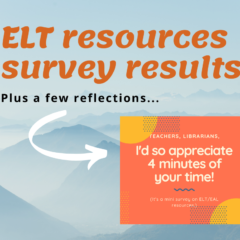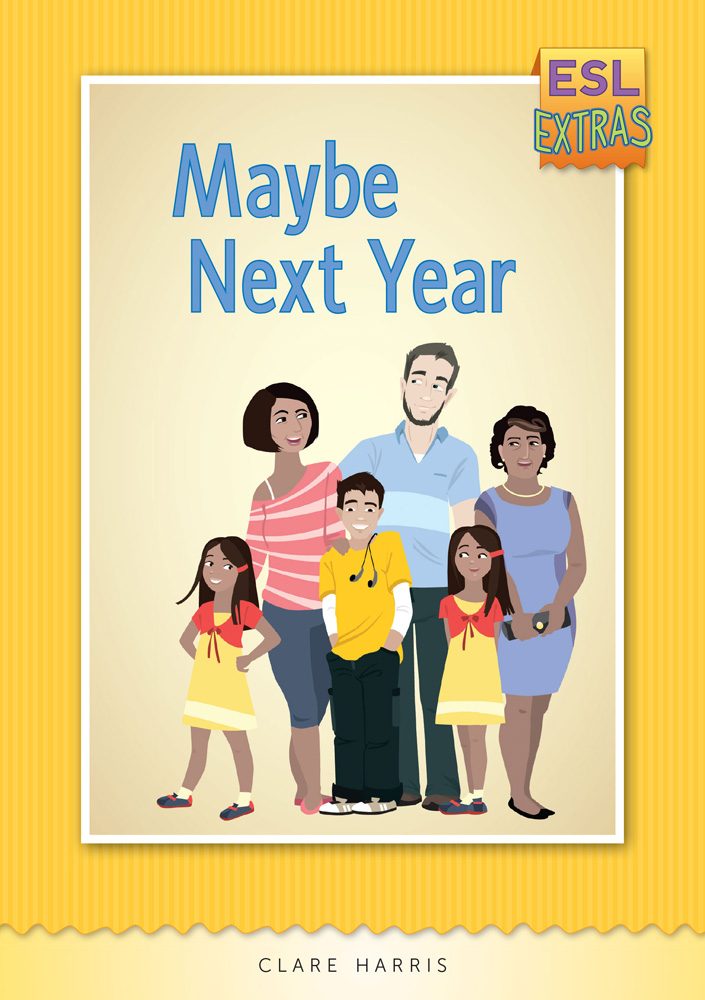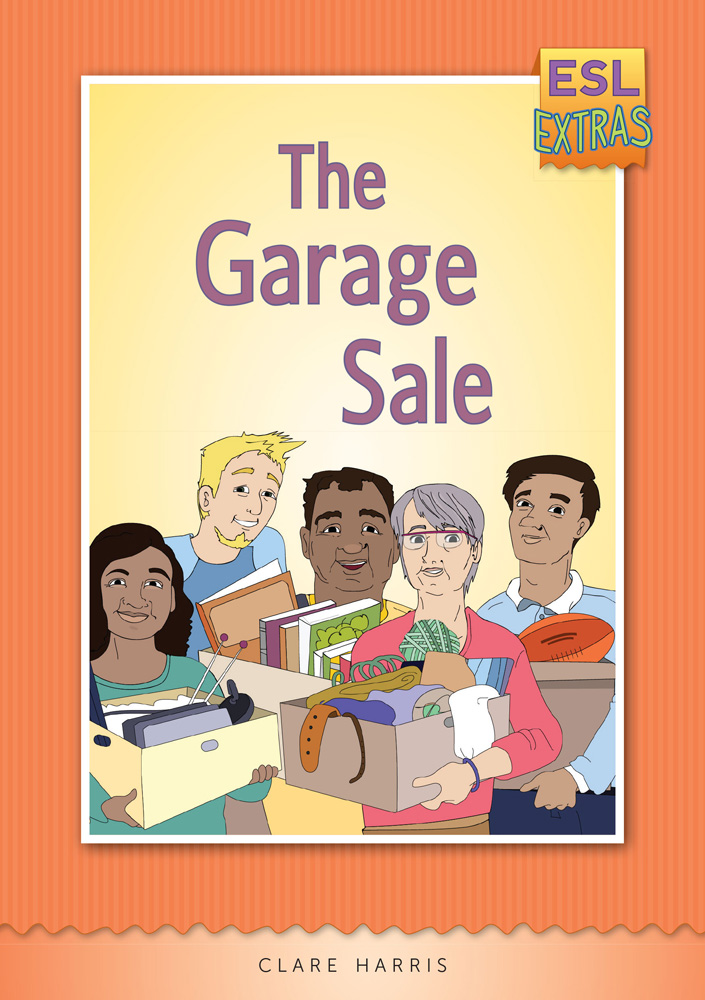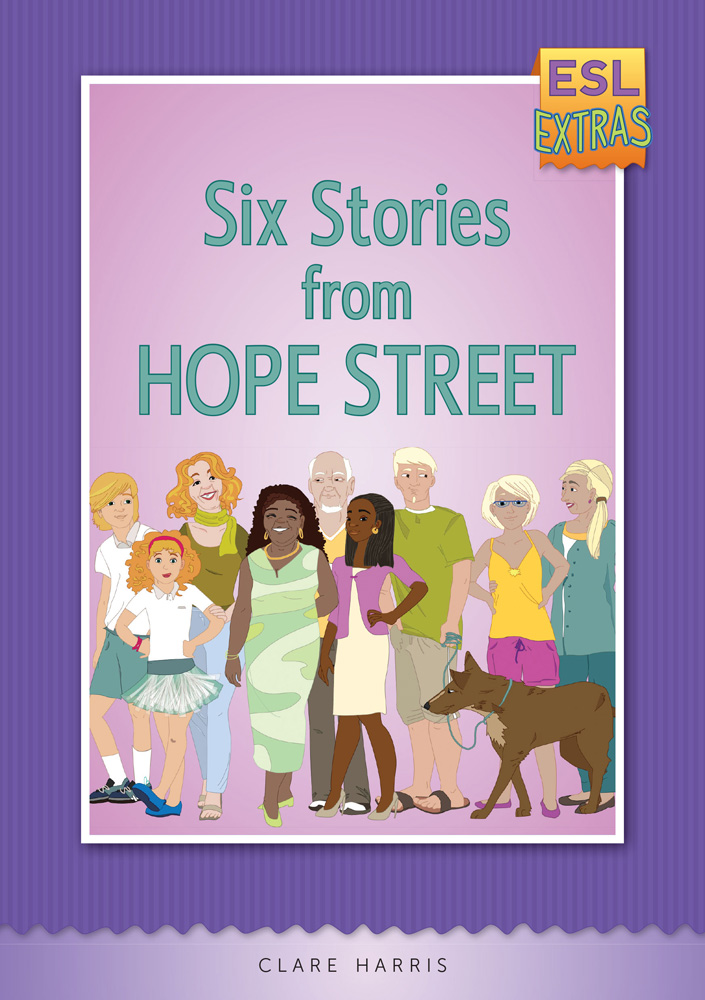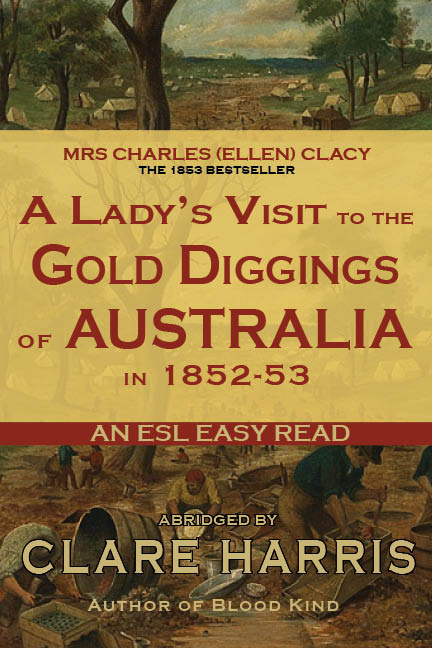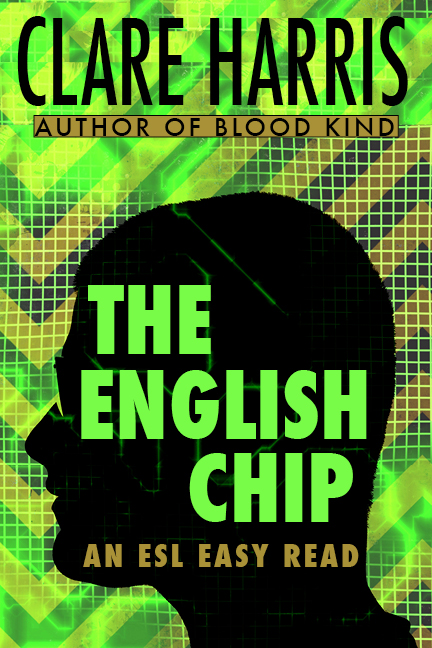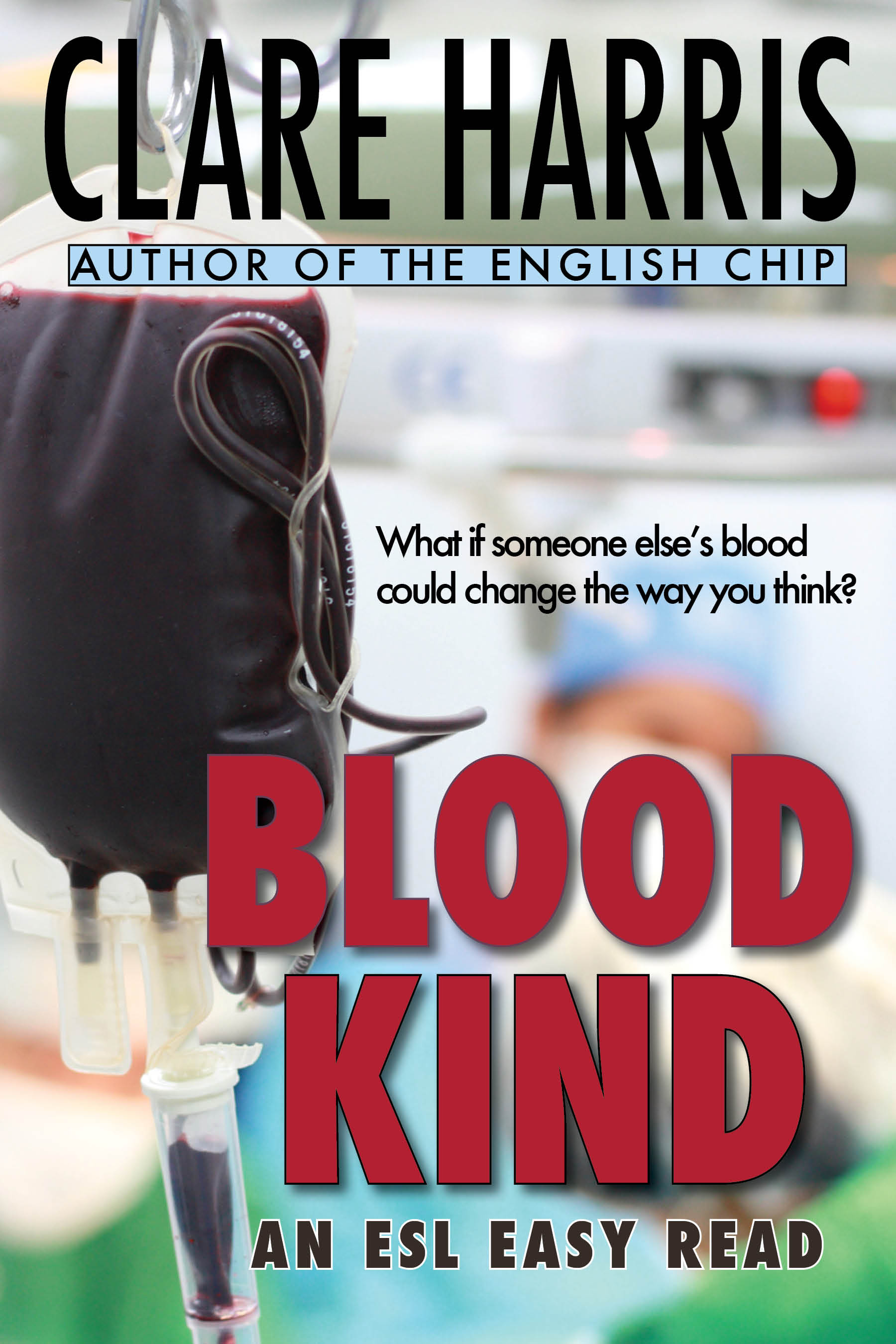Thanks for participating!
I asked for help with a small ELT/EAL resources survey at the end of last year. I was trying to understand how teacher-writers like me could share news of our latest resources. Writing and publishing is endlessly satisfying (Feedback! Happy faces!) but it’s not very financially viable in such a small market. (This is, of course, why the big publishers don’t create much that’s really ‘Australian’.)
I promised I’d pass on the survey results, not just to the ESL-SPIN teacher-writer group I belong to, but more generally. I should say that it wasn’t in any way a scientific study, but it was interesting to read the responses, particularly the ‘wish list’. (For writers and would-be writers, here it is. Feel free to grab the ideas and jump right in!)
Who responded?
61 people responded (59 ‘real’ respondents). (Congrats to Craig, the recipient of the ‘lucky draw’ prize.) Three quarters of those work or volunteer in AMEP, TAFE, SEE or Adult Ed – others come from schools, or colleges – and 85% use Australian EAL or literacy resources.
How do you typically find out about new resources?
The biggest single answer group was the 75% who look online for paid or free worksheets to download, making me think I need to diversify – that print isn’t the only game in town. (Though for the sake of our excellent language bookshops, who send out those updates, I hope that print is still the main game…)
That’s probably the biggest ‘learning’ I got from this – plus the realisation that people get their information through a wide variety of channels, and that as writers, we need to accommodate that.
Facebook came in second with 43%, then writer/publisher newsletters (34%) bookshop visits and displays (32%), bookshop newsletters (31%), then catalogues, journal reviews, LinkedIn, Pinterest, Twitter, Instagram, colleagues, library staff. (Note, though, that since many respondents found out about the survey through Facebook, it might be unwise to read too much into this.)
Who would actually order a new resource?
Perhaps reflecting an underfunded era, 60% of respondents buy their own resources. However, it was possible to give more than one answer, so another 45% would ask management to consider the resource. For 10%, a designated person orders resources.
How would you like to find out about new resources?
Again, there was a range of responses, with most people wanting to find out through email newsletters from bookshops and ELT writers (59%) or online groups (21%), as well as from peers (7%), professional journals and reviews (7%), plus catalogues, the library, workplace emails, and visiting bookshops. Online searching only came in at 4%. Does that mean that people would prefer to have more information delivered to their inbox, rather than having to hunt it down?
It might. The best answer (anonymous, so no prize there) was ‘A unicorn brings me a list each week.’ (I want one of those too.)
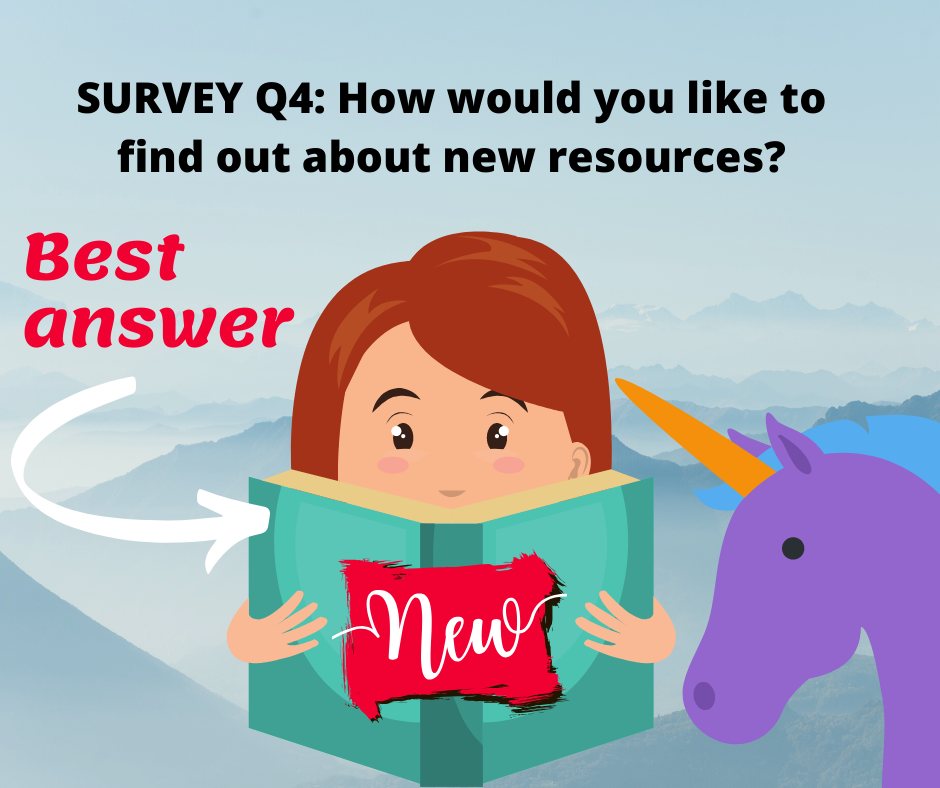
I did like these suggestions for something more official, but wonder who might do it:
- Monthly alert eg through ACTA FB page or dedicated Australian resource blog
- Regular newsletter compiling resources into topics/areas could be good
- Designated website
(I’m hoping that everyone’s aware of existing lists, like the AusELT wiki page and Skye Playsted’s volunteer resources list.)
What kind of resources are you most in need of?
This wasn’t a tick box item, hence the list of responses at that link above. Not surprisingly the top interest is in Australian resources (24%), specifically for migrants, or about living in Australia, related to curriculum or to ACSF levels. This includes speaking and listening resources and low level reading and phonics.
General speaking and listening resources are wanted by another 11%, and another 16% want more reading and writing resources, particularly low level readers (including decodable readers and phonics).
Low-level resources for beginner adults, including interactive activities and work focus materials, are also on the wish list (13%).
Several people are looking for resources for younger learners, including very specific curriculum needs as well as more general readers, resources for higher levels (including IELTS), digital and online and free resources.
If there’s an EAL resource fairy somewhere out there, you might consider creating:
- Free easy to download high interest and differentiated.
- Free printable/useable pdf worksheets.
For those who say, ‘but there are gazillions of great worksheets out there’, I’m not sure that I’ve found them – or not the Australian ones. Yes, there are some terrific free resources (like the AMES NSW Calling an Ambulance, which I’m currently using), but when I search online, I end up with lots of ‘all about Australia’ worksheets with kangaroos and koalas…am I looking in the wrong place?
So please update me if you plan to create or have links to anything that meets the wish list above…and thanks again for your participation!


